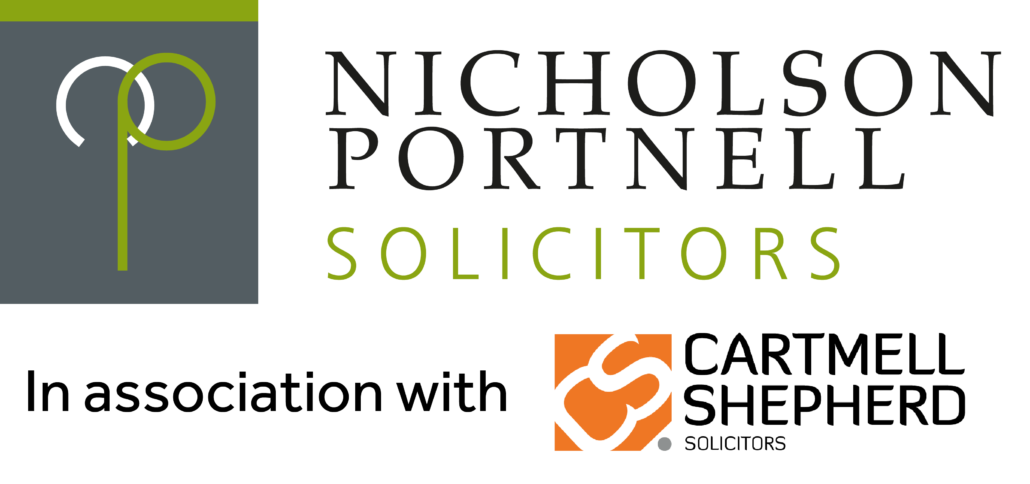Conveyancing and all Land Transactions
The Law Society’s Conveyancing Quality Scheme
Nicholson Portnell is a firm with considerable local knowledge and personal conveyancing expertise. Nicholson Portnell was the first firm of solicitors in Northumberland, and one of the very first firms in the country, to be accepted onto The Law Society’s Conveyancing Quality Scheme. The aim of the Scheme is to provide a quality residential conveyancing service for clients, with common consistent standards and service levels. The Scheme requires the practice to undergo a strict assessment, compulsory training, random audits and annual reviews.
The Conveyancing Quality Scheme means that buyers and sellers of property can identify a firm which provides a safe and efficient level of service.
The Conveyancing Process
A conveyancing transaction starts once a buyer has been found for a property at a price acceptable to the seller. At that stage, if the seller is using an Estate Agent, the Agent will send confirmation of the proposed transaction to the buyer and seller, and to their solicitors.
There are two important stages in every conveyancing transaction:
- Exchange of contracts.
- Completion
It is not until contracts have been signed and exchanged that the buyer and seller each becomes committed to go through with the transaction. Exchange of contracts is the point at which a legally binding arrangement is established between buyer and seller. Until that point is reached, either party can withdraw from the transaction without liability to the other. On exchange of contracts, it is normal for the buyer to pay a deposit to the seller.
At the time that contracts are exchanged, a completion date is also arranged. The completion date is the date upon which the buyer has to pay the seller the balance of the purchase price remaining after taking into account the deposit paid on exchange of contracts. The seller has to vacate the property by the completion date in order to afford the buyer vacant possession.
On receipt of notification that a sale has been agreed, the sellers’ solicitor will require details of the seller’s title.
Once the seller’s solicitor has all the information he requires in relation to the seller’s title to the property, they will draft a contract and forward it to the buyer’s solicitor.
At this stage, the seller is also required to provide the buyer with certain information relation to the property. In order to do this, the seller has to complete a Property Information form and a Fittings and Contents form. Where the property is leasehold, a further Leasehold Property Information form will be required.
These documents contain questions relating to planning permissions, building regulations consents, completion certificates and guarantees regarding works carried out to the Property. In the case of leasehold property, there will also be receipts for Ground Rent, Service Charge Accounts and building insurance details. The sellers should supply their solicitor with any such documents in their possession, as well as copies of any building plans. The buyers’ solicitors will require sight of these documents before they will advise their clients to exchange contracts.
In order for the buyers’ solicitors to be able to check that the Property has a good and marketable title it will be necessary for them to carry out various searches against the Property, depending on the locality of the property. These may include a Local Authority Search, Coal Authority Search, Environmental Report, Water and Drainage Search and a Flood Risk Report.
Conveyancing Conveyancing Solicitors in Hexham, Northumberland
Conveyancing is the legal process of transferring property from one owner to another. It’s often said that buying or selling houses is one of the most stressful things in life – and it’s true. But our experienced conveyancing team do everything we can to ease that stress, aiming to ensure that everything is handled quickly and efficiently.
Whether you’re buying, selling or remortgaging your home, you’ll need a conveyancer (property solicitor) to deal with the legal requirements and ensure legal ownership of the property passes from the seller to the buyer.
Get Your Conveyancing Quote
Buying, selling, or remortgaging? Input your details into our online calculator for an instant quote today.




